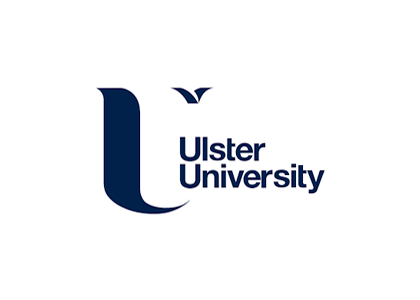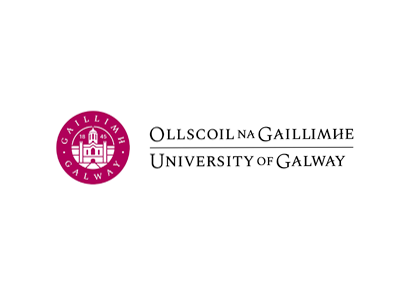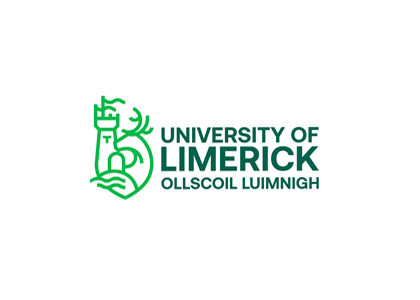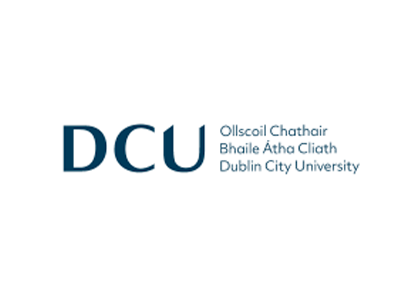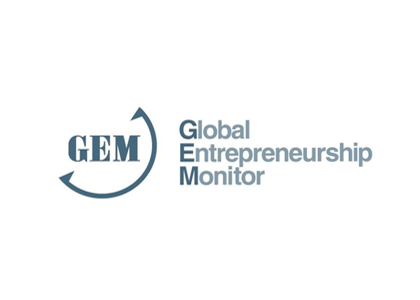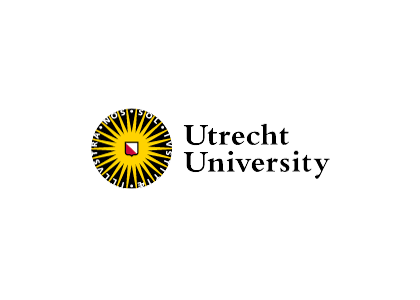What is this research stream?
This research stream will compare and benchmark three entrepreneurial ecosystems in the West of Ireland (north and south) containing smaller cities and towns: the Mid-West with Limerick as the city hub, the West with Galway as the city hub, and the North-West which has several hubs north and south of the border, including Derry, Donegal and Sligo.
The research methodology in this package is used throughout the world to measure the elements of a regional entrepreneurial ecosystem and can be benchmarked against other ecosystems. Rural and/or remote regions with small cities and towns have a specific set of challenges and opportunities, including peripherality, human capital and quality of life issues.
Photo Credit: superfly.ie (opens in a new window)
What's Involved?
The methodology involves large scale representative surveys of around 1000 adults per region and surveys of and interviews with ecosystem stakeholders within each region, followed by focus group sessions with ecosystem stakeholders to elicit underlying drivers and bottlenecks in the ecosystem and to galvanise ecosystem services actors to undertake specific actions to address identified issues. Uniquely, there will be interactive sessions across the three ecosystems to surface and address ecosystem bottlenecks.
Arising from this research will be detailed assessments of the three entrepreneurial ecosystems, and action items with specific regional actors who have committed to addressing them, in a Collective Impact approach.
This work will address the relatively slow rate of economic growth in the west of Ireland and the west of Northern Ireland by identifying bottlenecks in specific regional entrepreneurial ecosystems and identifying and committing actors to take specific remedial action. It furthers the goal of a regionally balanced economy which is common to both New Decade New
Approach (NI) and the National Development Plan (RoI).
Who is Involved?
The team is led by:

Professor Jonathan Levie, University of Galway
Jonathan Levie is Professor of Entrepreneurship and Regional Development in the J.E. Cairnes School of Business & Economics in the University of Galway and codirector of the Centre for Entrepreneurial Growth & Scaling. He has been researching and teaching entrepreneurship for over 40 years, including 20 years at the Hunter Centre for Entrepreneurship in the University of Strathclyde, where he served as the Centre’s first director. He was the academic representative on the Scotland team in MIT’s inaugural Regional Entrepreneurship Acceleration Programme (REAP) and codirector of the Global Entrepreneurship Monitor UK team. His current research interests are in business scaling and entrepreneurial ecosystems
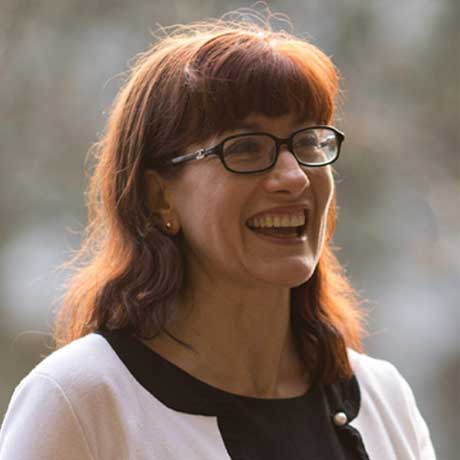
Professor Michele O’Dwyer, University of Limerick
As a winner of multiple teaching awards Michele works with undergraduate, postgraduate and executive students in the University of Limerick encouraging them to explore their own potential. Before joining the faculty at the University of Limerick Michele ran a marketing and market research consultancy investigating marketing issues in a diverse range of industries in Ireland and across Europe. Her continuing close links with industry support her award winning research which focuses on performance, innovation, alliances, SME marketing, and new product development. She holds a PhD from Ulster University and has published in such journals as Journal of Product and Innovation Management, Journal of World Business, Journal of the Academy of Marketing Science, Industrial Marketing Management, Journal of Business Research, European Journal of Marketing, European Business Review, Journal of International Management etc.

Dr Karen Bonner, Ulster University
Dr Karen Bonner is a Principal Economist at the Ulster University Economic Policy Centre (EPC) which is an independent economic research centre whose aim is to produce evidence-based research to inform policy development and implementation. There Karen leads the firm-level strand of research focusing on the areas of entrepreneurship, innovation and small and medium-sized enterprise (SME) growth. She also teaches on the undergraduate Economics degree course and is module co-ordinator for the Economic Policy module.
Karen is also a Research Associate of the Enterprise Research Centre and one of the UK team members on the Global Entrepreneurship Monitor (GEM) project, regarded as the world’s foremost study of entrepreneurial activity. She is also on the Steering Committee for the Shared Island research programme which is a research partnership between the Economic and Social Research Institute (ESRI) and the Shared Island unit within the Department of the Taoiseach.

Ming Yang, University of Galway
After completing his Master’s degree in Finance and Investment, Ming assumed roles at several tech giants, including Tencent and Vivo. With years of experience in financial analysis, Ming not only honed his quantitative research skills but also acquired the ability to tackle complex issues. His experience overseeing the budget forecasts for the mega-app WeChat provided him with insights into what a company requires to flourish.
Driven by a passion to explore the dynamics of entrepreneurial ecosystems and their impact on regional development, Ming joined the University of Galway to pursue research on the governance and management of entrepreneurial ecosystems in the Atlantic Innovation Corridor, guided by Professor Jonathan Levie. His research aims to contribute to the development of a regionally balanced economy by identifying and addressing bottlenecks within specific regional entrepreneurial ecosystems in the West of Ireland and the West of Northern Ireland.
Project Partners
Project Partners are:
- Professor Erik Stam - University of Utrecht
- Professor Colm O’Gorman - Dublin City University

Newsletter sign up
Register your details to keep up to date with Atlantic Futures news and events.
REGISTER HERE